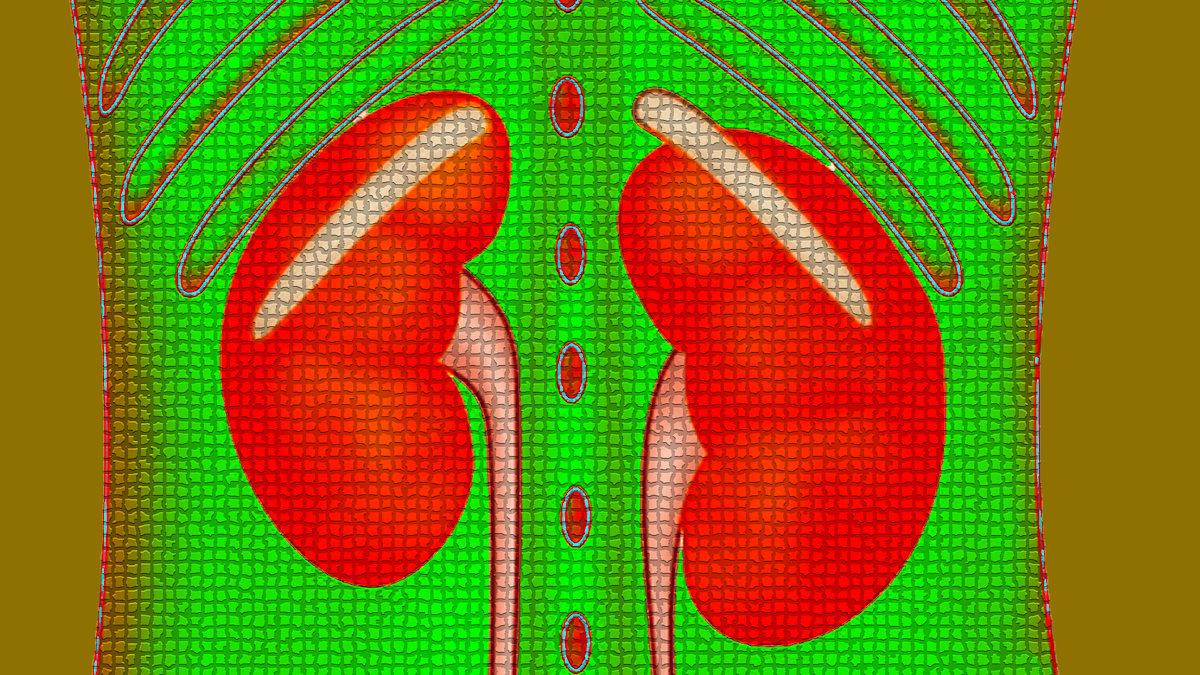FDA approves GSK’s oral treatment of dialysis anaemia

The US Food and Drug Administration (FDA) has approved the first oral treatment for anaemia caused by chronic kidney disease (CKD) in adults on dialysis for at least four months: GlaxoSmithKline’s Jesduvroq (daprodustat).
Other FDA-approved treatments for anaemia (a decreased number of red blood cells) caused by CKD in adults on dialysis are injected into the blood or under the skin. Jesduvroq is not approved for patients who are not on dialysis, as its safety has not been established in that patient population.
Over 500,000 adults in the US suffer from CKD requiring dialysis, a treatment that filters the blood and removes excess fluid from it. Normally, the kidneys produce a hormone called erythropoietin, which signals to the body to make red blood cells: in a person with CKD on dialysis, however, the kidneys can’t produce erythropoietin sufficiently, and this can lead to anaemia.
GSK’s oral treatment Jesduvroq increases erythropoietin levels. Its effectiveness was established in a randomised study of 2,964 adults receiving dialysis. The adults participating in the study received either oral Jesduvroq or injected recombinant human erythropoietin (a standard of care treatment for patients with anaemia due to CKD).
It was found that Jesduvroq raised and maintained the haemoglobin (the protein in red blood cells that carries oxygen and is a common measure of anaemia) within the target range of 10 to 11 g/dl, similar to that of the recombinant human erythropoietin.
Dr Ann Farrell, director of the Division of Non-Malignant Hematology in the FDA’s Center for Drug Evaluation and Research, said: “With an oral drug option in addition to the FDA-approved injection options, adults with chronic kidney disease on dialysis now have multiple ways to treat their anaemia.”
She continued: “This approval demonstrates the FDA’s commitment to helping bring a range of therapeutic options to patients with chronic diseases. Patients can consult with their healthcare providers to select the option that is most appropriate.”
Jesduvroq comes with a warning label of increased risk of thrombotic vascular (blood clotting) events, including death, heart attack, stroke, and blood clots in the lungs, legs, or dialysis access site. Other warnings and precautions for Jesduvroq include risk of hospitalisation for heart failure, worsening of pre-existent blood pressure issues, and stomach erosions and gastrointestinal bleeding.
In December 2022, the Scottish Medicines Consortium (SMC) accepted Bayer’s CKD drug, Kerendia (finerenone), for the treatment of adults with CKD associated with type 2 diabetes (T2D) in NHS Scotland.
And early last month AstraZeneca extended its cardiorenal pipeline with a $1.3 billion acquisition of CinCor Pharma, the $26-per-share upfront deal focusing on baxdrostat (CIN-107), an aldosterone synthase inhibitor (ASI) in clinical testing for treatment-resistant hypertension and chronic kidney disease.
Image sourced from Dialysis Patient Citizens Education Center.













